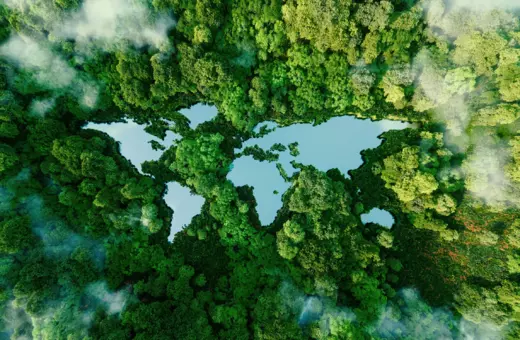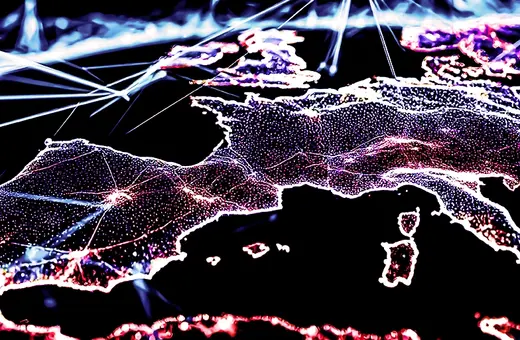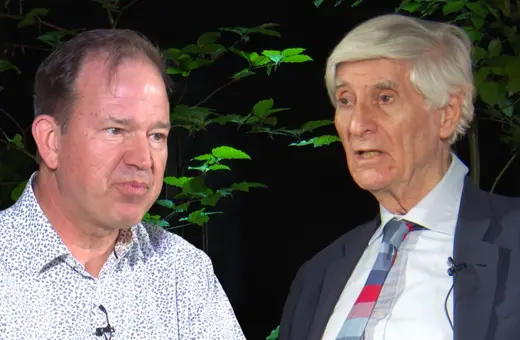A legacy of Enlightenment thought was to see the human as separate from nature. Human history was neatly distinguished from natural history. The age of Anthropocene has now put all that into question. This human exceptionalism is seen by some as responsible for the devastating impact humans have had on the planet. But if we give up on the nature / culture distinction and see human activity as just another type of natural process, we risk losing our ability to attribute moral agency and responsibility to humanity for the environmental crisis, argues Giuseppina D’Oro.
Traditionally the history of nature has been conducted in relative isolation from the history of civilizations. Humans have been studied in different ways by, for example, palaeontologists and “historians”. Palaeontologists have mapped the evolution of homo sapiens through the study of its fossilized remains, just as they mapped the evolutionary history of other animal species. Historians, by contrast, have explained the events of the past in the light of the norms of conduct by which past agents led their lives and, in so doing, given us access to radically different ways in which “humans” have understood themselves and their standing in the world.
Recently this division of labour between scientific and humanistic disciplines has come under pressure as the assumption that there are two different senses of the term “human” has been challenged for resting on questionable anthropocentric assumptions which elevate humans above the rest of nature. Humans, it is argued, are natural beings who are responsible for global warming, just as cows are through methane emissions, only to a greater and much more devastating extent. The causal impact of human activities on global warming has reached such proportions as to prompt some to claim that we are entering a new geological era, the so-called Anthropocene, an era in which the effects of human activities on the environment are comparable to the climatic changes caused by the impact of a meteorite, changes believed to have led to the extinction of the dinosaurs. As humans become aware of their causal powers, they also become aware of being natural forces, whose agency is not distinct in kind from that of lightning, flooding or volcanic explosions. In its attempt to overcome human exceptionalism, however, this view ends up stripping human beings of agency, seeing them as simply another causal force in nature, and exculpating them from their moral responsibility in bringing about the climate crisis of the Anthropocene.
In its attempt to overcome human exceptionalism, however, this view ends up stripping human beings of agency, seeing them as simply another causal force in nature.





















Join the conversation